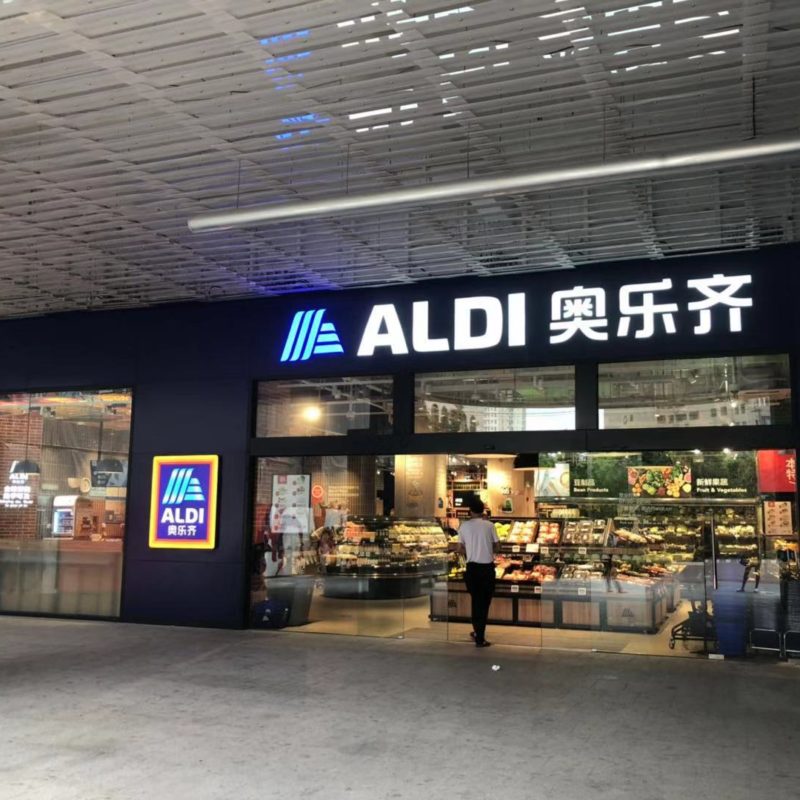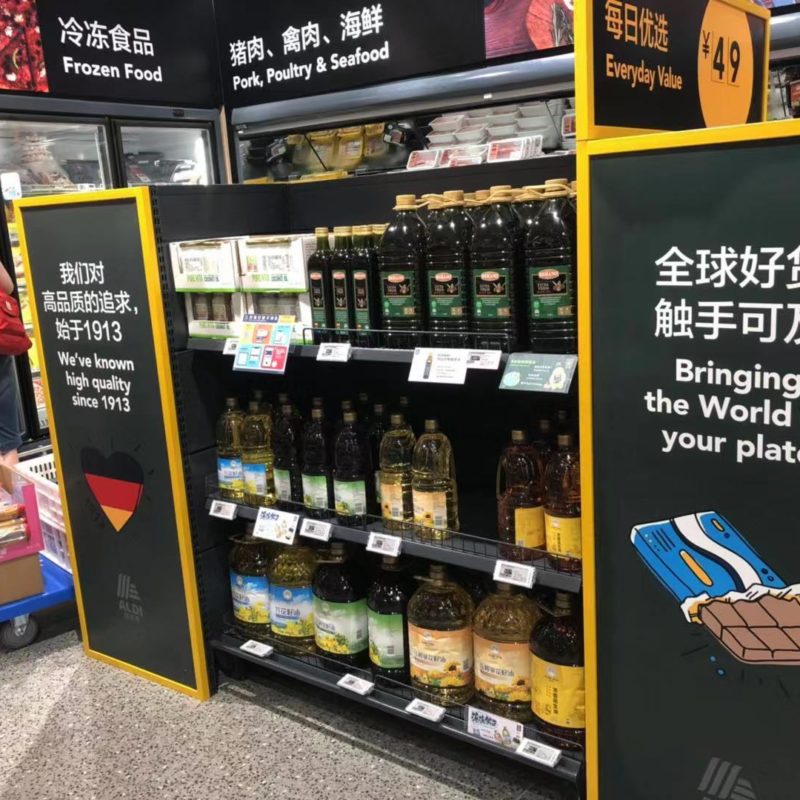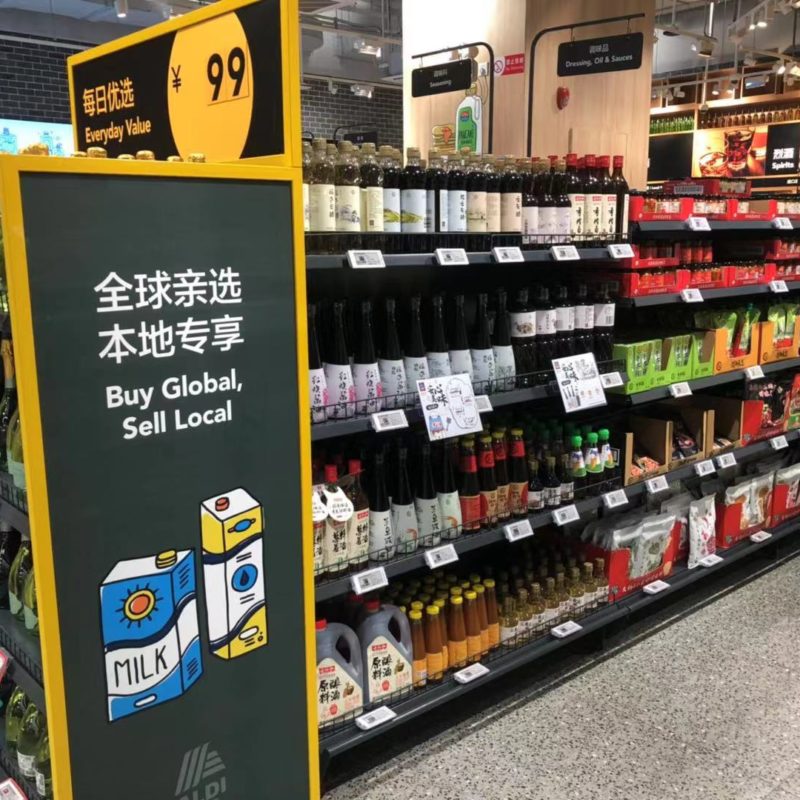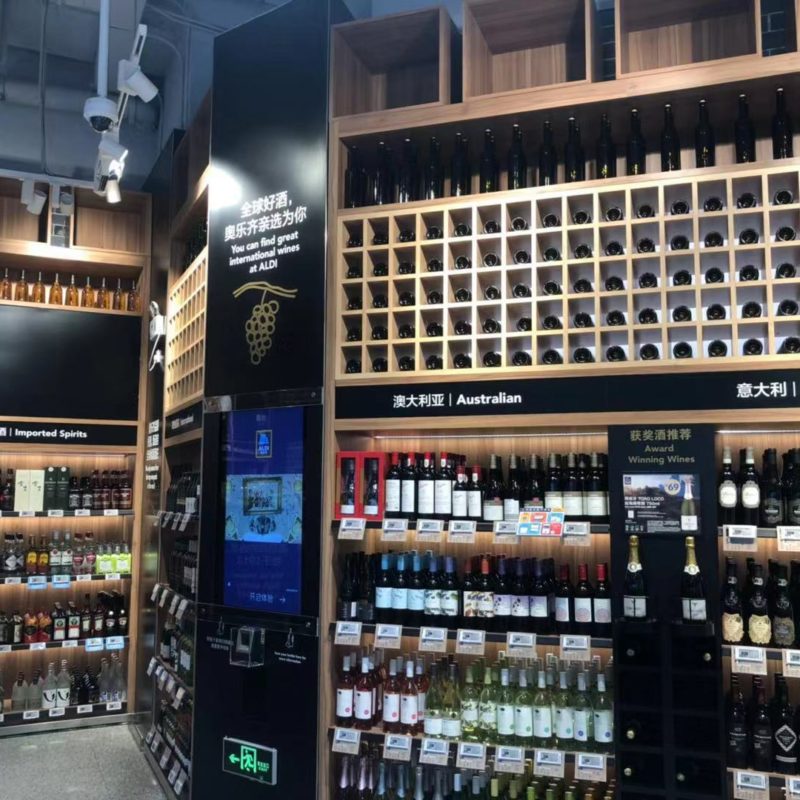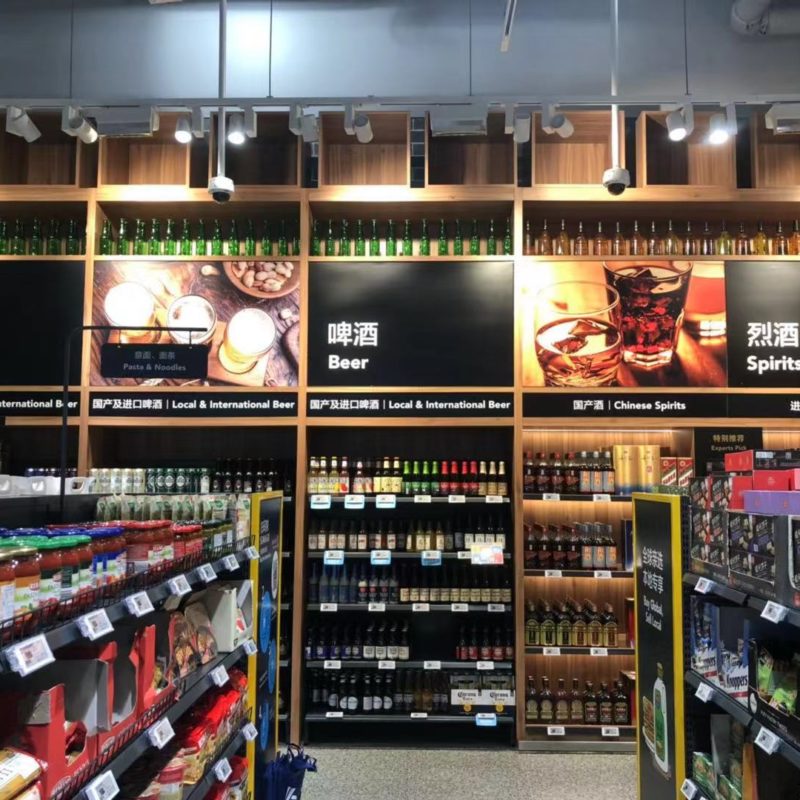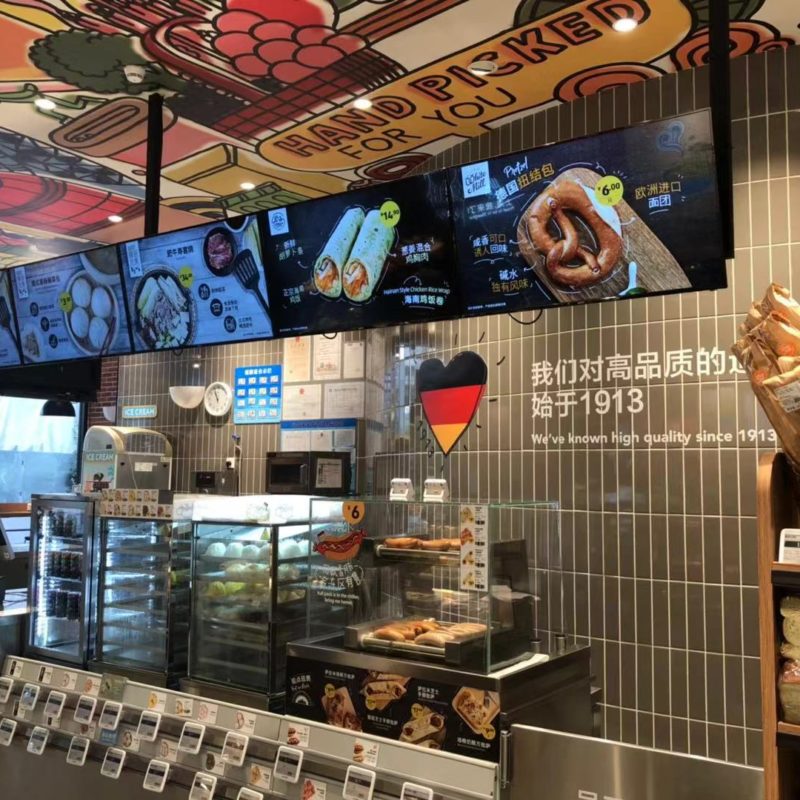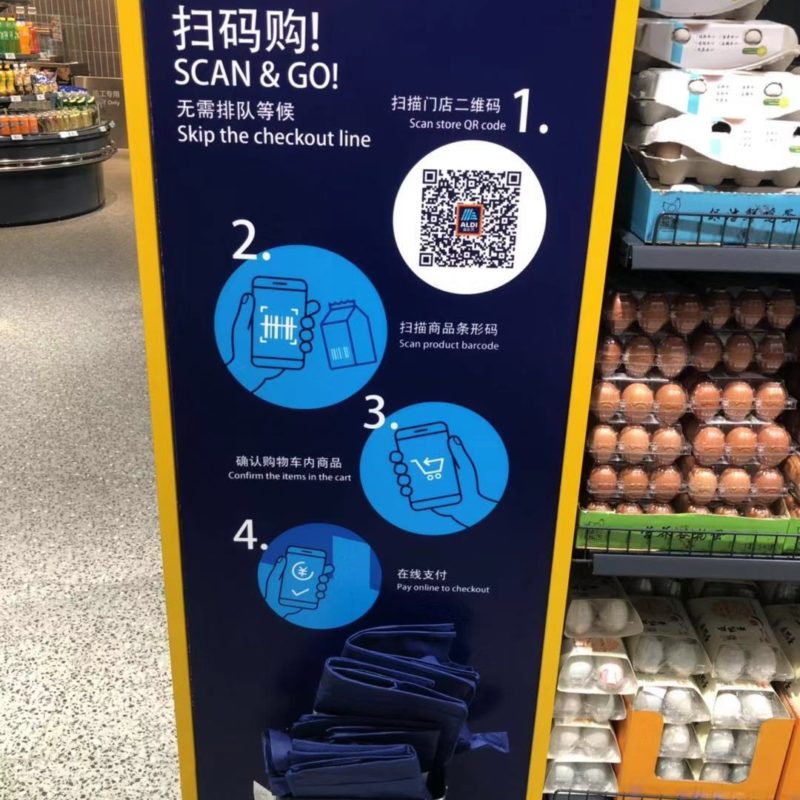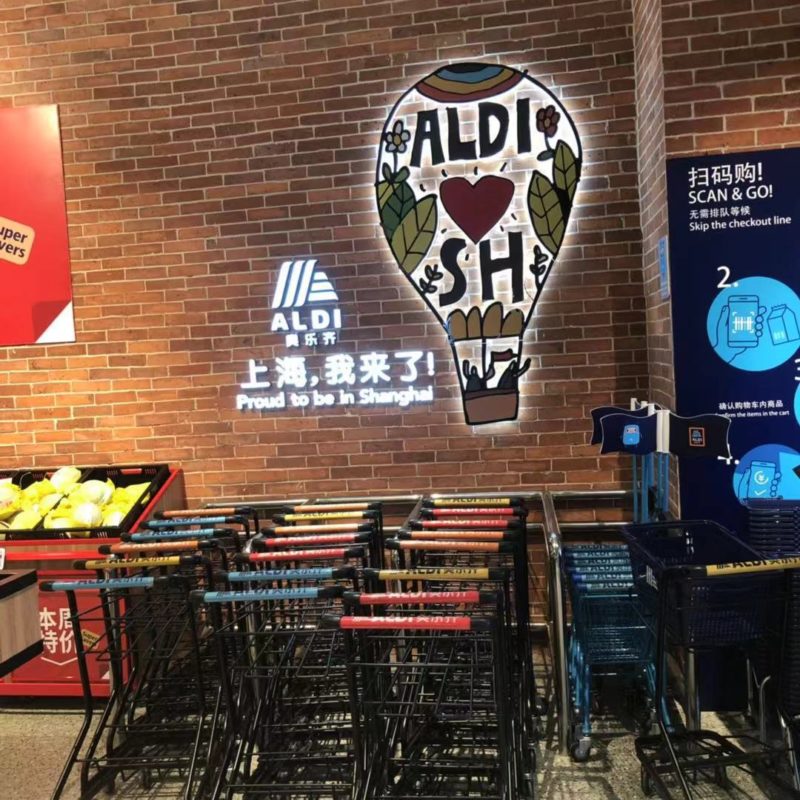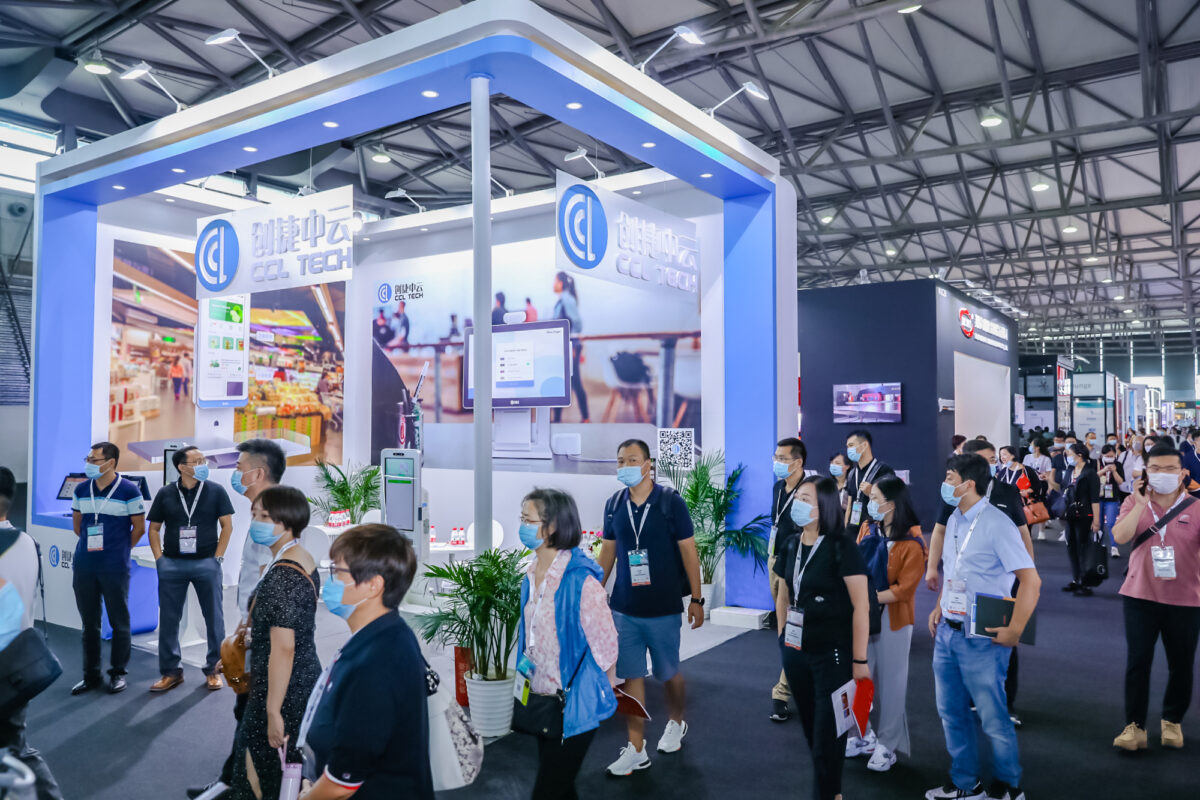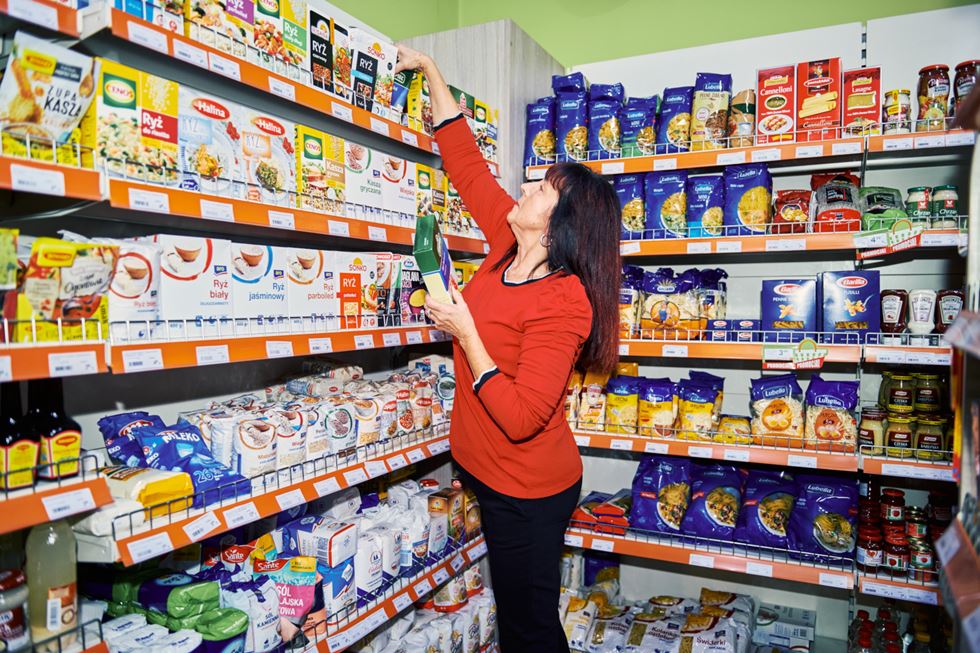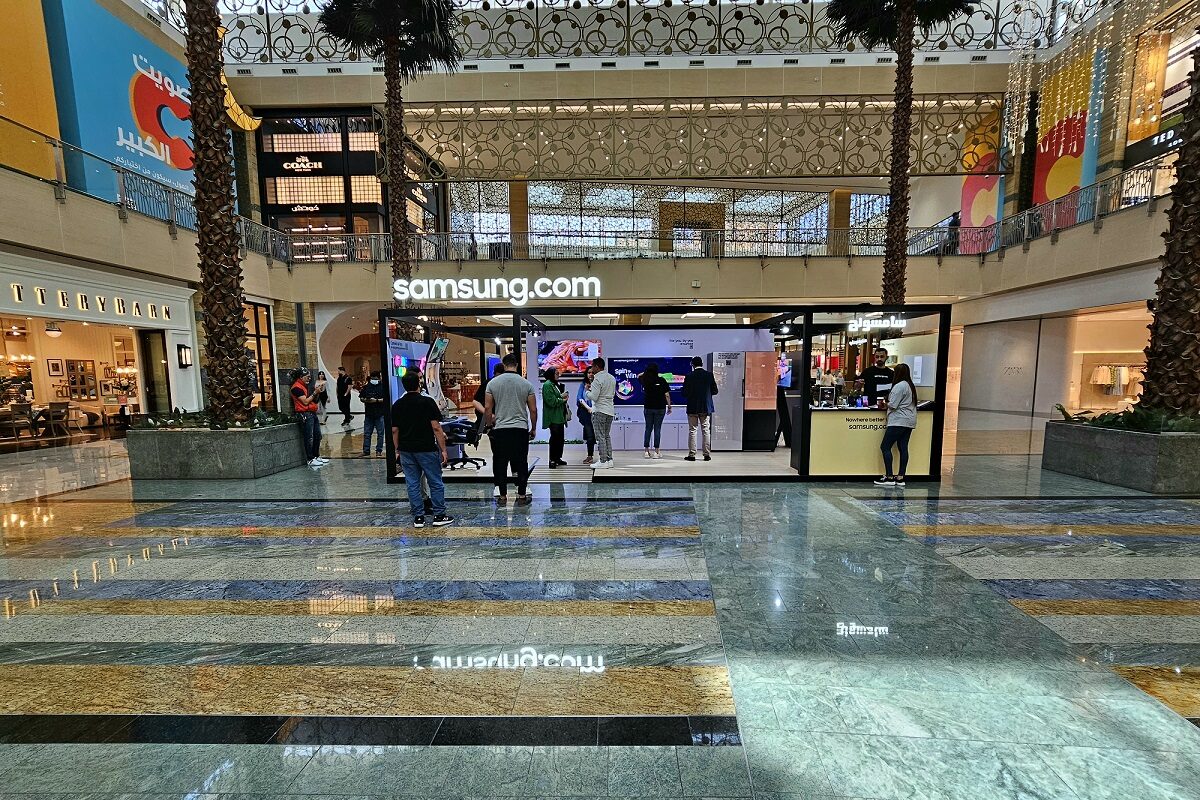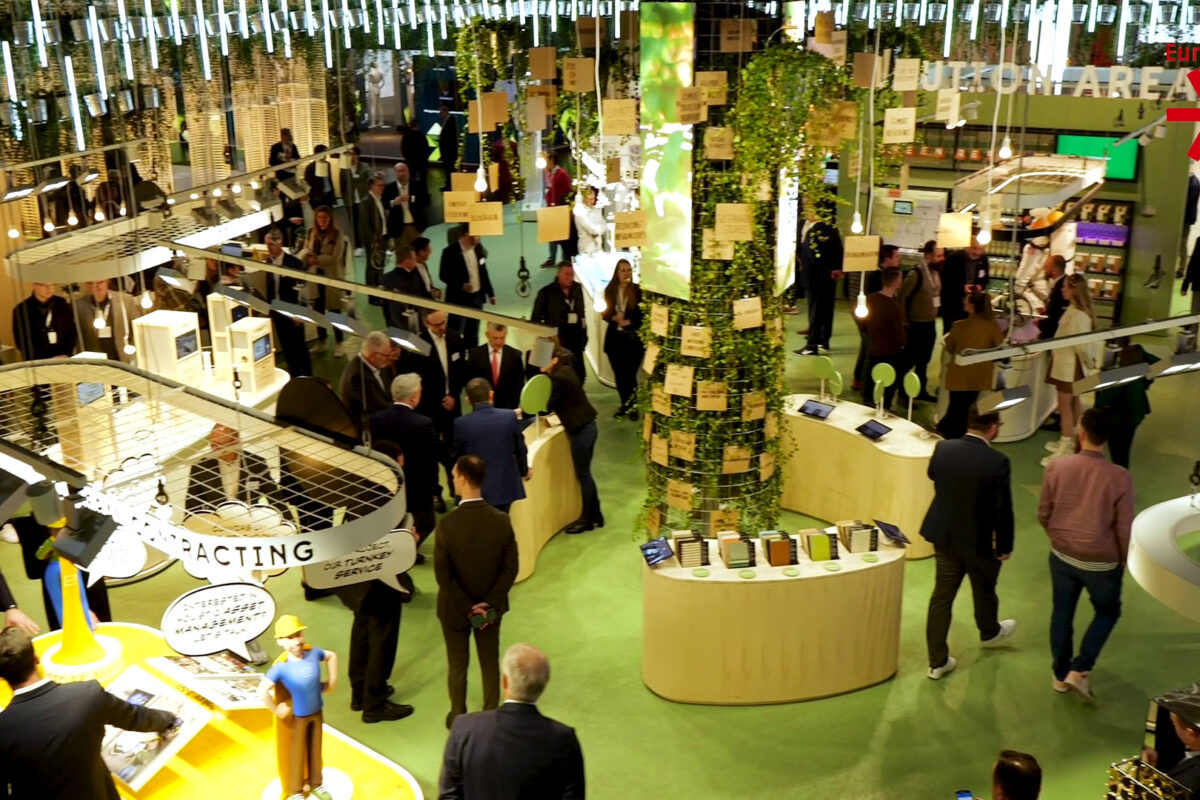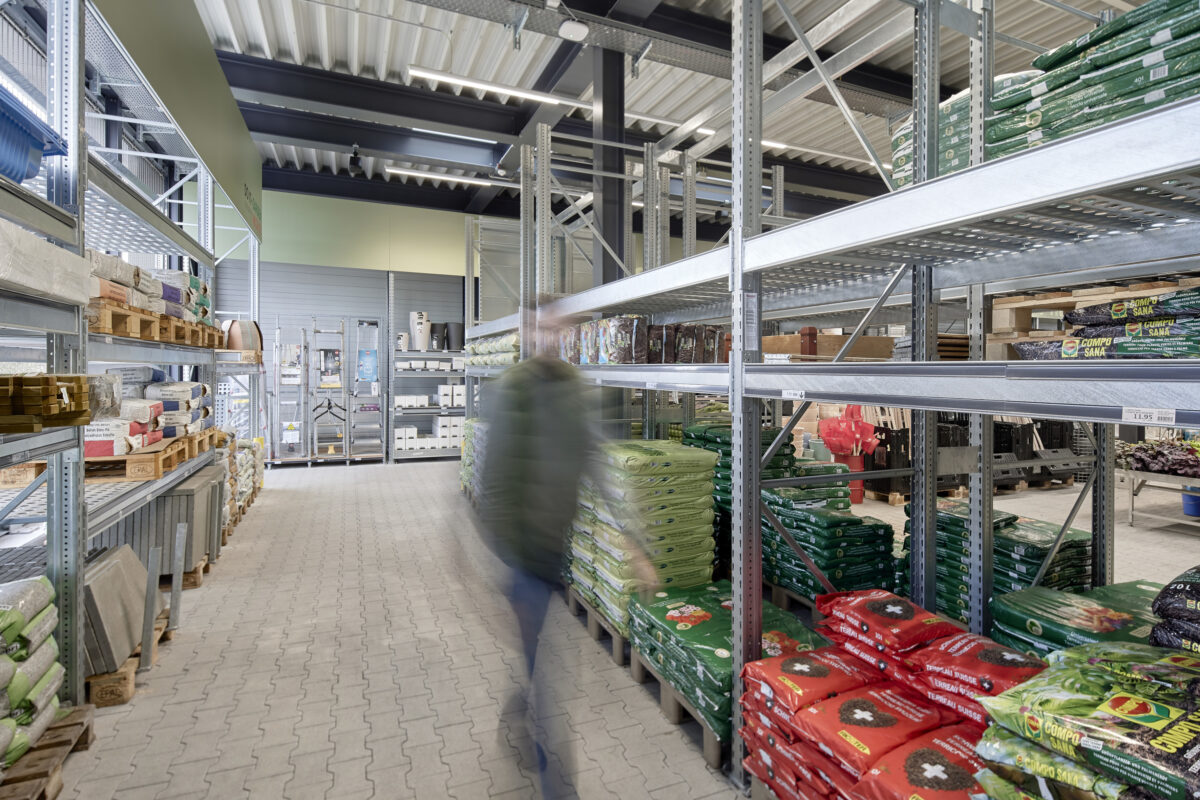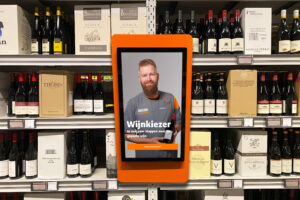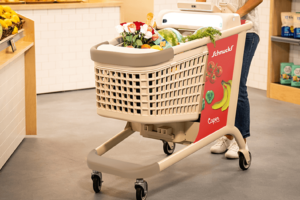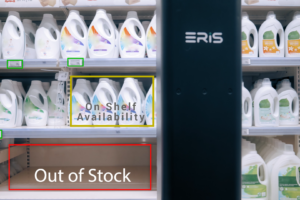The German ALDI stores in Shanghai greatly inspire the Chinese retail industry
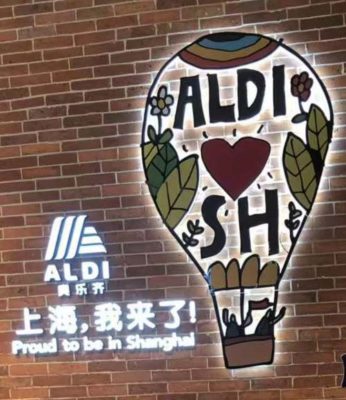 ALDI, the German supermarket chain, is well-known in the global retail industry for its “Super-Savers”, “world’s strongest supply chain” and “perfect self-owned exclusive brand strategy”. The retail sector in China looks up to this well-established global retailer for experience and learning.
ALDI, the German supermarket chain, is well-known in the global retail industry for its “Super-Savers”, “world’s strongest supply chain” and “perfect self-owned exclusive brand strategy”. The retail sector in China looks up to this well-established global retailer for experience and learning.
On the opening day of ALDI’s physical stores in China, a queue of about 50 meters lined up outside the entrance in the mid-day heat, even all the way out to the road (we reported). In the queue, there are at least 1/5 international customers. The staff of ALDI took care of the queuing customers by constantly handing out mineral water and fresh apples. On-site security personnel said that there were residents from the neighborhood who came to queue at 5:00 in the morning. ALDI promoted its opening to the neighborhoods only three days ago.
The staff in ALDI stores all wear a white T-shirt with QR code for their WeChat mini-program printed on the front and the back. The mini-program offers a scan and go function on WeChat that helps customers skip the queue. In addition, ALDI offers its products online with instant delivery service within three kilometers around each store. Consumers in the Yangtze River Delta region can also have products delivered on the same day or next day through the mini-program.
In April 2017, ALDI entered China through a cross-border e-commerce approach to Tmall International. Some Australian red wines, breakfast cereals, milk powder and maternal and child care products were available to test feedback from the Chinese market. In the following two years, ALDI has busied itself non-stop with supply chain development in China, relying on its powerful supply chains and the capability to develop exclusive products.
ALDI’s fresh supply chain
Let’s look at the most difficult fresh supply chain and see how ALDI does it:
- Each item has the best or better origin in China, yet at a price as low and close to the fresh market.
- Each item is shipped directly to Shanghai from its production origin maximum three days in advance.
- There are only two physical stores and some home delivery orders available in Shanghai.
- ALDI has established a top-level supply chain for fresh produce at all costs across the country one year ahead of its store opening.
Let us use the common sense of retail industry to make the analysis: if the fresh produce is dated on June 6th, it must have arrived in Shanghai on June 5th (to stay fresh). Two physical stores as sales channel means that the procurement and supply costs in the early stage are extremely high.
According to the established thinking of China’s retail industry, it is not necessary to apply this level of nation-wide procurement method for fresh produce, even sourcing the best production, for only two physical stores. The ability to secure low prices in the case of limited volume means that ALDI has prepared a comprehensive and rigorous supply chain solution for application across China at least one year ahead of schedule.
Why at least one year? Let us make a reverse calculation. Preparation work includes selection of cooperation base, inspecting the site and facilities, enhancing capacity of production and processing, finalizing fresh produce varieties, implementing growing standards, and finally growing the agricultural products. In conclusion, one year is already a fast case. Moreover, starting from today, these bases for fresh produce need to ensure steady supply of quality and quantity.
ALDI showed its exclusive and profound knowledge to Chinese retailers in the single case of fresh produce.
ALDI’s strategy pays off
Moreover, ALDI’s exclusive product strategy on dry goods is even more exciting. In addition to brand products such as Coke, the two ALDI stores in Shanghai sell almost all its own products out of the box, including red wine, packaged snacks, and household and cleaning products. A 500ml bottle of special-grade brewed soy sauce with the ALDI trademark only costs 8 yuan. For products not yet locally produced in China, ALDI imports them through its own Chinese trading company. The price of these imports remains cheap. In other words, ALDI has established its local supply chain and international import qualifications well before opening the stores for business.
Even the background music playing in the store is carefully selected without repetition. From 7:00 am to 9:00 pm, the store pays attention to avoid “annoying” loop playbacks during the 14 business hours. ALDI ensures that different music styles would be used for morning, afternoon and evening shopping time to create fitting atmospheres.
Before its arrival, the retail sector in China was somewhat skeptical that ALDI may have already missed its opportunity to explore the local market, which has been highly developed and innovative. At least, the late timing and declining conventional retail industry in China have allowed for this skepticism to gain traction.
Today, ALDI made its grand debut in China with physical stores, product development, supply chain development and favorable retail prices. This brings great inspirations to Chinese retailers to supplement offline business with online services. That is, the foundation of customer value is in product development and supply chain. ALDI uses its stores as a core competence carrier, and home delivery an auxiliary means to adapt to customer demands, providing a truly “unconventional” model as a conventional retailer.
Photos:
Title: © Andrew Meredith
Other: © Messe Düsseldorf Shanghai
First published at: WeChat Official Account: Retailer Reference




